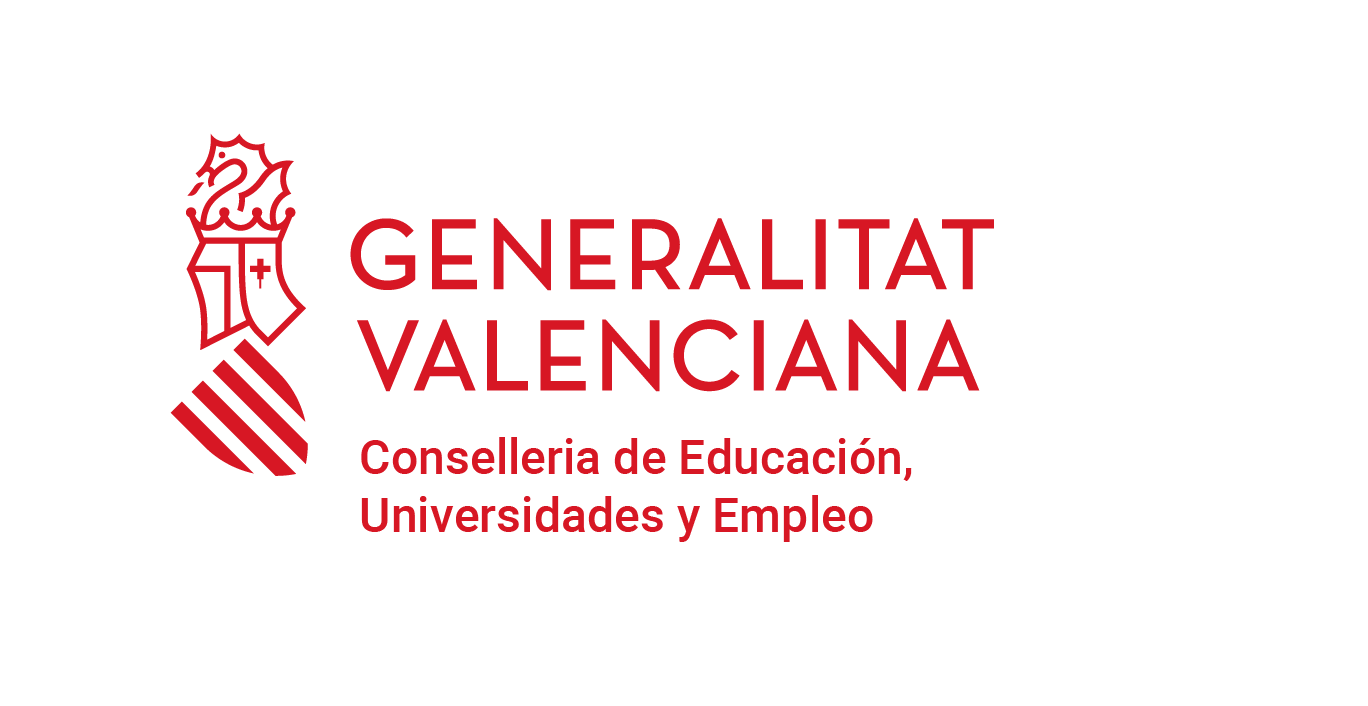On 10 November, the Innotransfer Hábitat Sostenible webinar will take place. It will be coordinated by Espaitec and promoted by the Network of Science Parks from the Valencian Community (RepCV). Innotransfer is an open collectively managed multisectorial innovation initiative that aims to promote transferring the knowledge and technology developed by Science Parks from the Valencian Community to the business ecosystem in our area in key economic sectors other than Sustainable Habitat, such as: the Automotive and Sustainable Mobility, Agro-Food, Health and Enabling Technologies.
Its actions go beyond an overview of the materials used in construction or in energy efficiency. It intends to also deal with the sustainability of the material manufacturing process, and the inclusion of other elements intrinsic to home or building interiors, such as furnishing, textiles or lighting. Elements which, apart from being made with sustainable materials, also play a key role in users’ lives, and become increasingly visible through the WELL philosophy. Materials and elements are key for not only users’ well-being, but for also minimising the impact of climate change and contributing to our planet’s.
INNOTRANSFER HÁBITAT SOSTENIBLE
Innotransfer Hábitat Sostenible addresses companies, technology institutes and research groups. It will deal with the main short-, mid- and long-term challenges and opportunities in the sector by paying special attention to the conclusions drawn by the Strategic Committee of Innovation Specialised in Sustainable Habitat of the Valencian Innovation Agency (AVI).
The webinar that will act as a revitalisation and reflection event, will analyse the future of resilient cities to climate change and sustainable habitat by understanding both concepts as a circular economy concept with added value; a process that begins with sustainable production which seeks to reduce CO2 emissions or reuse materials by ending with the design and building of habitats which, apart from being energy-efficient, seek to improve the quality of life and comfort of its users by means of participative architecture.
To deal with the broad sustainable habitat subject, important institutions and companies in the sector will participate in this event, such as Cemex, Grupo Gimeno, Grupo Keraben and the Ceramic Technology Institute (ITC). Isabel Rodriguez-Maribona, Head of Technology at Tecnalia and Vice-President ECTP Presidium, as well as architects Irene Reig and Blanca Pedrola, will also participate and talk about participative and sustainable architecture.
After this event held on 11 November, a period will start so that companies from the Valencian Community can consider the specific challenges they face in the sustainable habitat domain, and for the research personnel from public Valencian universities can contribute solutions for these challenges and requirements. This will allow a «Matchmaking» process to be followed between companies and research personnel, a process during which the five Valencian public universities, Science Parks, REDIT Technology Institutes and business associations will act as networking counsellors.




